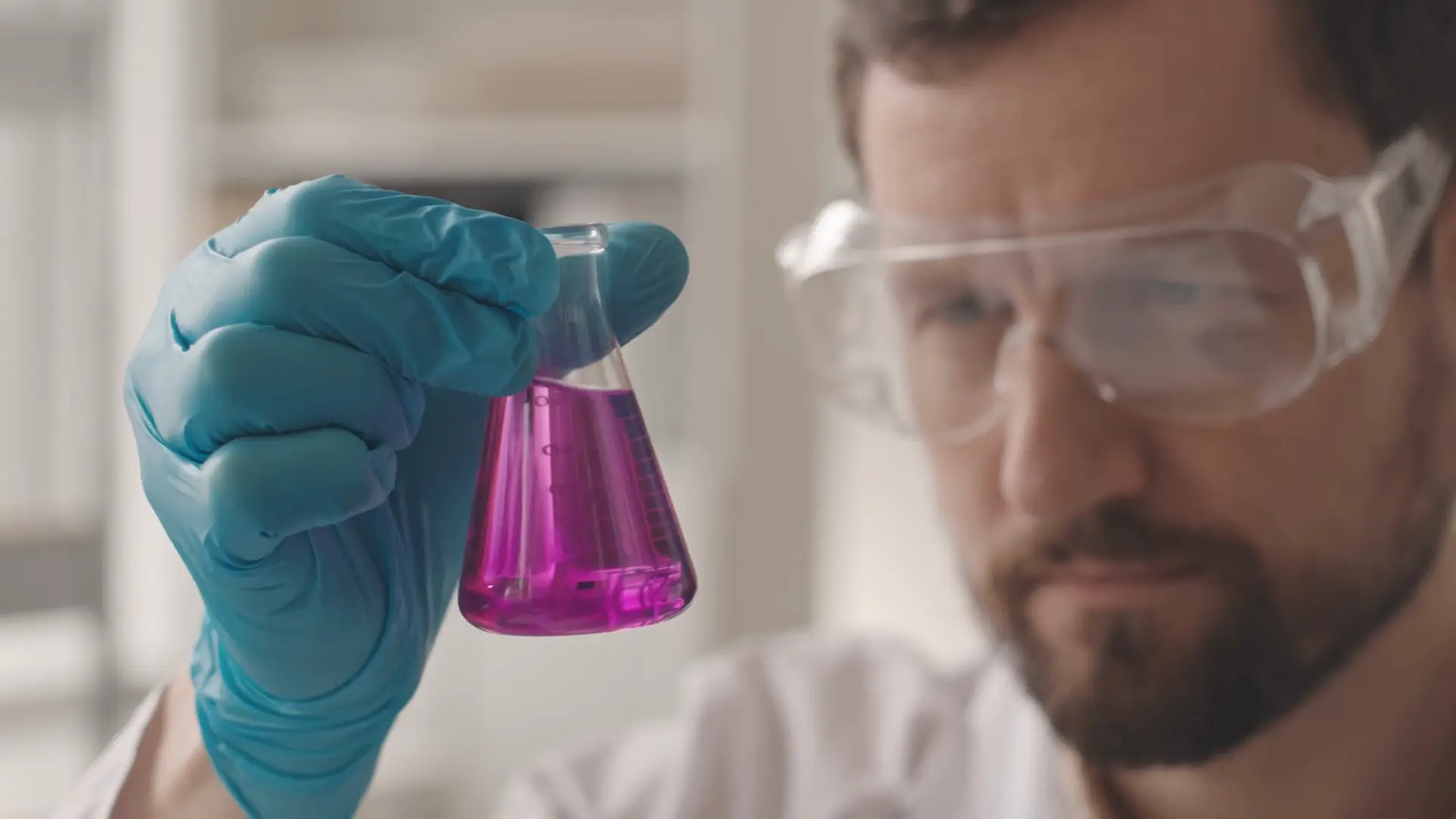Calls for Ukraine
Calls for Europe
Calls for USA

With the ever-growing need for donor blood, especially in low- and middle-income countries, the development of artificial blood substitutes is one of the most pressing tasks in modern medicine. A group of researchers led by Hiromi Sakai from Nara Medical University (Japan) has made significant progress in this area, according to Tokyo Weekender magazine. Their development — artificial blood suitable for patients with any blood type — promises to revolutionize transfusion medicine.
The basis of artificial blood is hemoglobin extracted from expired donor blood. This protein, responsible for transporting oxygen in red blood cells, is placed in a protective shell, which makes artificial red blood cells stable and virus-free. The absence of group affiliation in synthetic blood cells eliminates the need for compatibility tests, which greatly simplifies and speeds up the transfusion procedure. Another important advantage is shelf life: artificial blood can be stored for up to two years at room temperature and up to five years in a refrigerator. For comparison, donated blood has a shelf life of only 42 days when stored in a refrigerator.
The first clinical trials began back in 2022. Small studies involved healthy male volunteers aged 20 to 50 who were intravenously administered artificial oxygen carriers (hemoglobin vesicles) in increasing doses of up to 100 milliliters. Although some participants experienced minor side effects, no significant changes in vital signs, including blood pressure, were recorded. In March 2023, the studies were expanded: volunteers began to be injected with 100 to 400 milliliters of artificial blood cell solution. According to Professor Sakai, the team accelerated the pace of research in July 2023.
If further trials confirm the absence of serious side effects, the research will move on to evaluating the effectiveness and safety of the new method. It is planned that artificial red blood cells will be introduced into practical medicine by approximately 2030.
In parallel with Professor Sakai’s research, Professor Teruyuki Komatsu of the Faculty of Science and Engineering at Chuo University is developing artificial oxygen carriers based on hemoglobin encapsulated in albumin. These developments are aimed at stabilizing blood pressure and treating conditions such as hemorrhage and stroke. Positive results from animal experiments open up prospects for clinical trials in humans. Thus, modern medicine is on the verge of significant discoveries in the field of blood transfusion that could save millions of lives.
Please rate the work of MedTour
